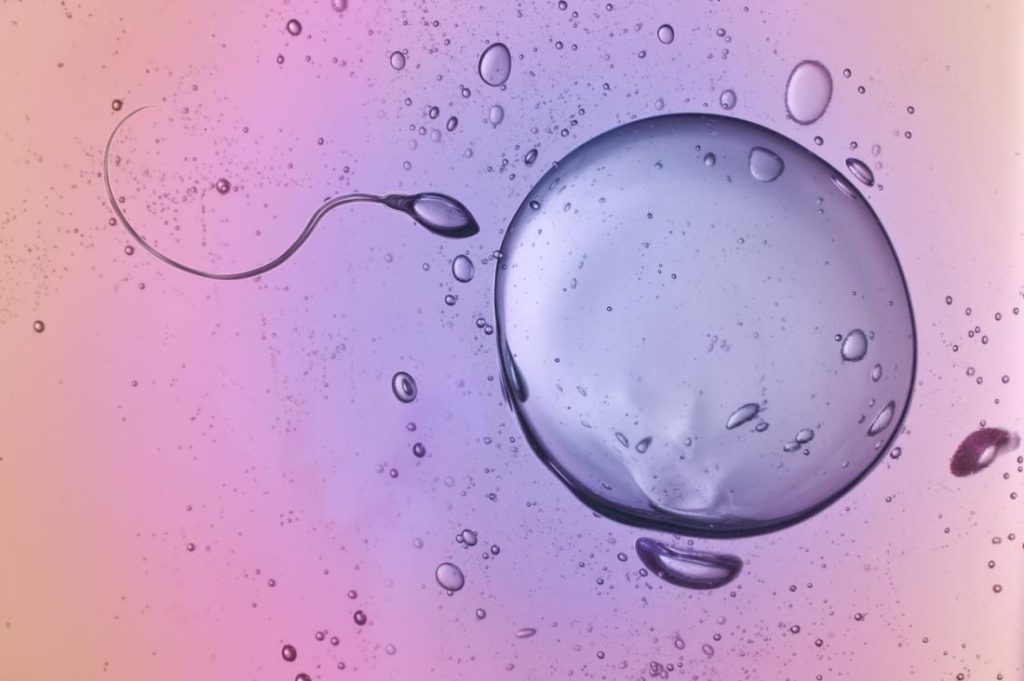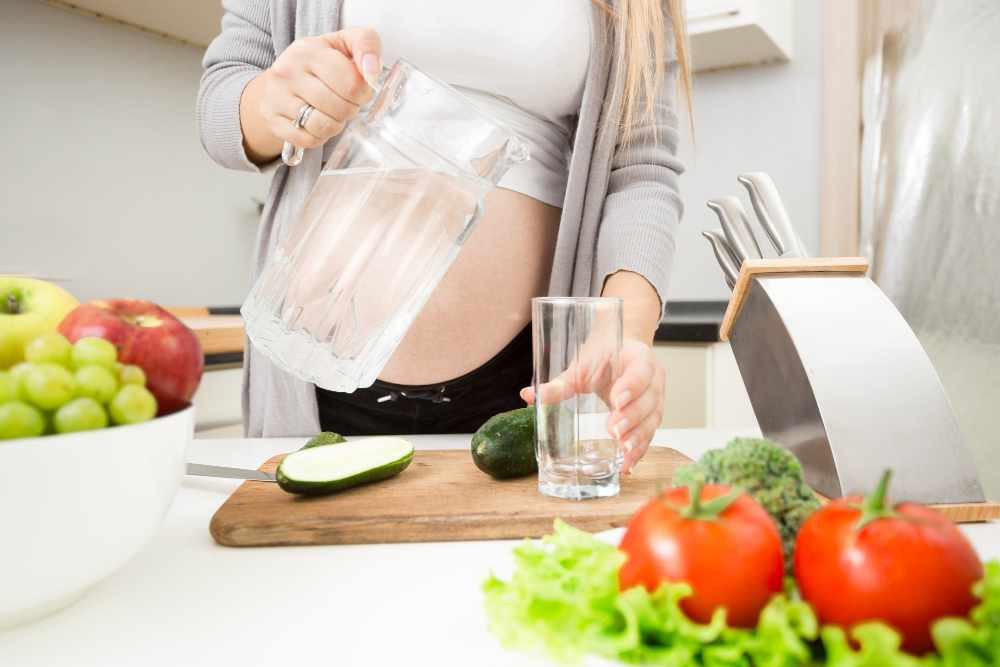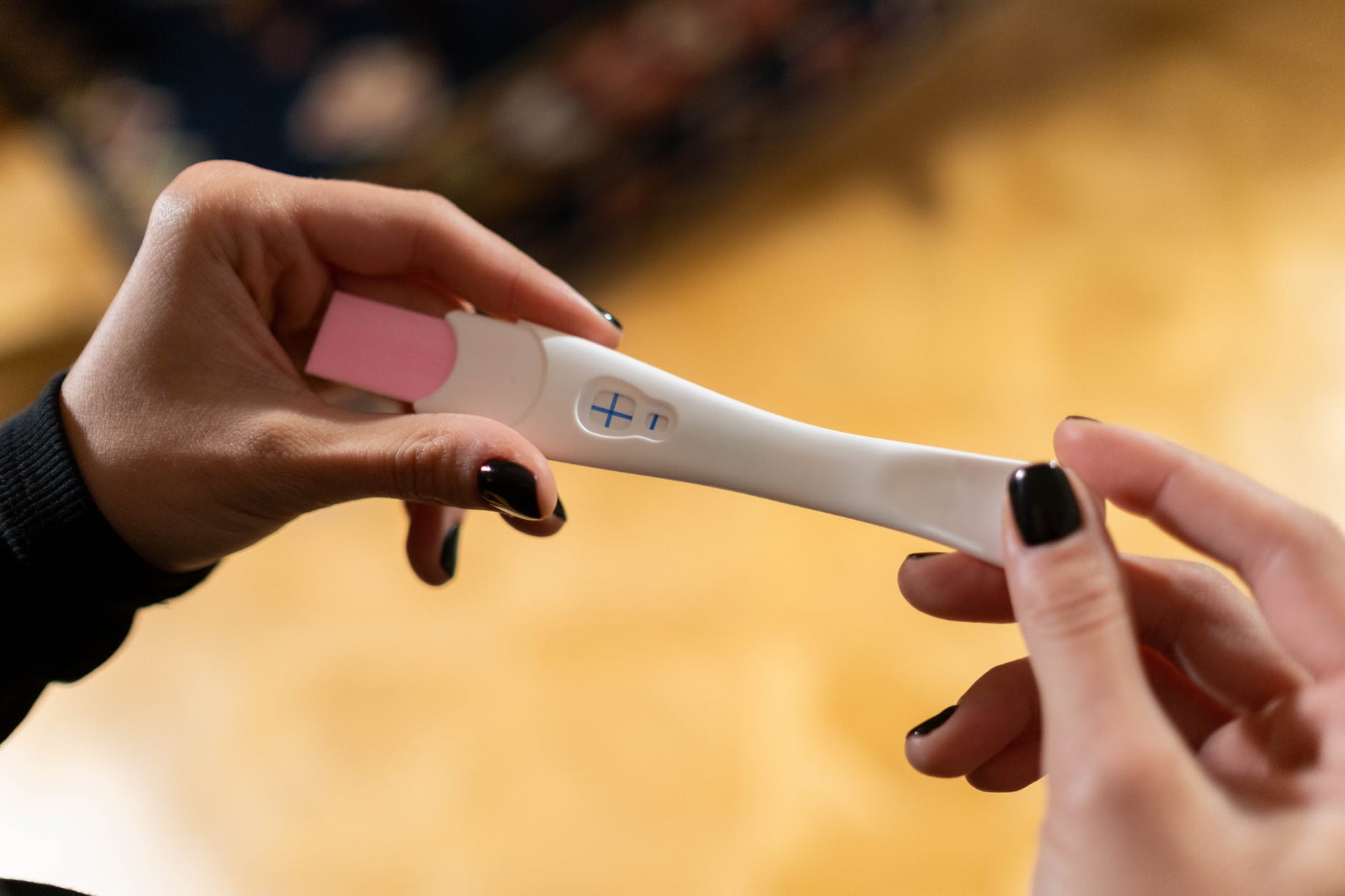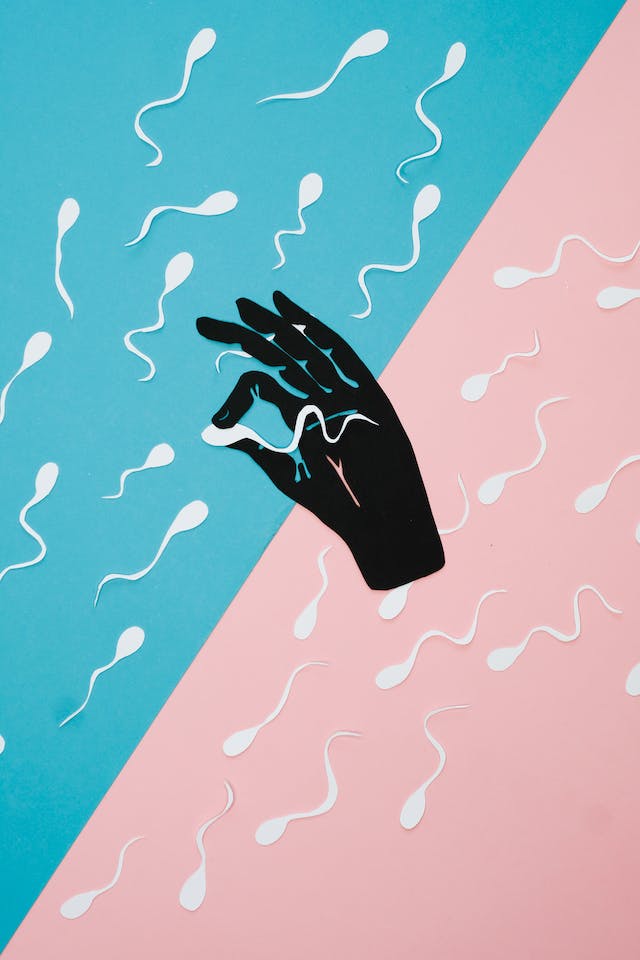Ovulation, the release of mature eggs from the ovary into the fallopian tube, usually happens a few weeks after the beginning of the menstruation cycle. It is that phase of the monthly cycle that sets off fertilization, women can only get pregnant before or during that time. Typically, an ovulation cycle is 24 hours long. After the egg is released, and if not fertilized within 12 -24 hours then it will die. In case there is no fertilization, the uterine lining absorbs the egg, and it sheds, which results in periods after 14 days. But that does not mean that you are fertile only for 24 hours. The most fertile time is 5 days before ovulation and on the day of ovulation itself. For women who are trying to conceive, it is necessary to keep track of their ovulation cycle. The chart below depicts the phases of the monthly cycle: –
Normally ovulation occurs after 15 days after the period i.e., around 14 days before the next menstruation cycle, but it is not necessarily the same for everyone. Your fertile window depends on how long your cycle is, which is normally between 21 to 35 days. This calculator might help calculate your ovulating period. There are other ways of confirming whether you are ovulating or not.
Also Read: How to Track your Basal Body Temperature and Ovulation?
Brown Spotting:
If you notice brown spotting or discharge mid-cycle, it might be a sign that you are ovulating. This happens because the follicle surrounding the developing egg ripens and ruptures, which causes a little bleeding. And the discharge is simply old blood. But if the spotting continues, you might need to see the doctor.
Pain in the abdomen:
This is a symptom of the beginning of ovulation, the most fertile period. Usually, women experience sharp abdominal pain or pelvic pain just while in the middle of their cycle, indicating the onset of ovulation. It is usually like a sharp jab or cramp in the lower abdomen or pelvic area but if the intensity of pain is beyond tolerable it might be a result of endometriosis, seeking a physician would be the best course of action.
Increased Sexual Drive:
While there might be various other reasons for it; increased sexual drive is also a symptom of ovulation. These are your hormones acting up and trying to tell your body that you are ovulating.
Also Read: Ovulation- how long does it last?
As per research, the phase of increased libido persists for about 6 days which also coincides with our body producing Luteinizing Hormone (LH), the hormone responsible for ovulation. Studies indicate that days before the LH levels rise, an increase in a woman’s sexual drive is noticed and hence relating it to ovulation.
Breast Soreness:
There might be certain times during the month that you would notice breast tenderness or soreness. Again, the LH hormone is responsible for that, and it is a symptom of ovulation. While not certainly accurate, it is a sign that you are probably ovulating.
Cervical Mucus:
This one might gross you out a little, but it is also a quite common symptom. As your body prepares for ovulating, the cervical secretions or mucus increases, and its elasticity changes. During ovulation, the mucus will appear more clear, stretchy, and like an egg white. Here is your guide to the stages of cervical discharge. Fair warning, you might want to stop eating (if you are) before going ahead. There are types of discharges and they tell you a lot about the changes that occur in your body.
Bonus Tip:
Although the symptoms listed above are indicators of ovulation, they are not precise. If you are trying to conceive, it would be good to invest in a reusable digital ovulation predictor kit as they are more accurate. These kits predict or determine the date of your ovulation in advance by at least 12 to 24 hours by detecting the rise of the luteinizing hormone and estrogen in your body. As explained above, the LH hormones start rising days before the ovulation cycle, simply detect that.
It is relatively simple to use, just like in a pregnancy test, you need to pee or urinate on the stick first thing in the morning and the indicator will tell you if you are going to ovulate in the next 12 to 24 hours. If you find it difficult to pee on it, then pee in a cup and dip it till the absorbent tip is immersed and wait for around 3 minutes to get the result. It is more accurate than the other methods of calculating the date of ovulation as they only give you an idea of when you will ovulate. If you are a woman diagnosed with PCOS or Polycystic Ovary Syndrome/Disorder, ovulation predictor kits might not work for you as they might end up giving you false positives.
Related Topic:
Ovulation tests available in the market- Pros and Cons.
Do you know, globally, approximately 15% to 25% of couples could not bear a child even after attempting to conceive for five years or more? Infertility can be due to various factors, but couples are assisted with multiple diagnostics and interventions. Read More:









